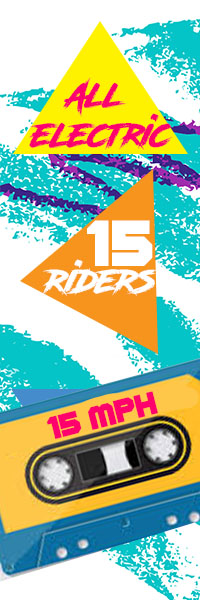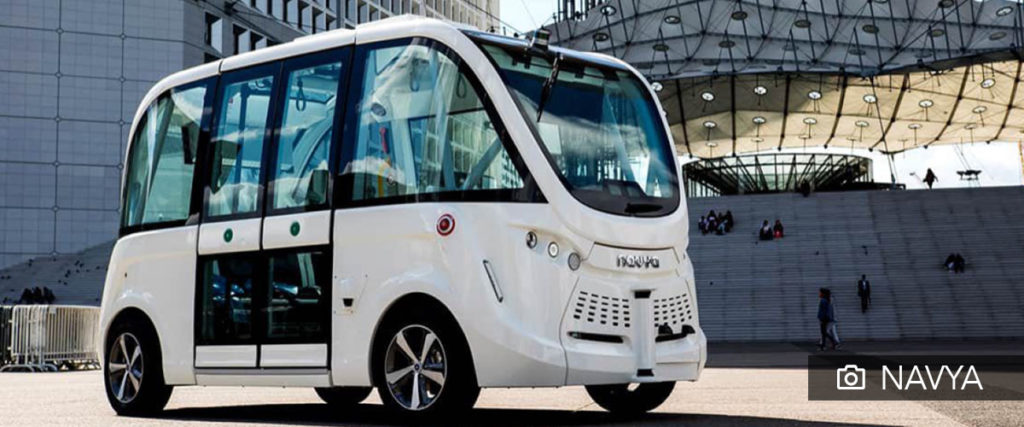By Keep it Local, Florida
“Hello, I’m Johnny Cab,” says a robotic torso affixed to the steering wheel of an admittedly ugly taxi. A man in a turban named Douglas Quaid hops in, out of breath—he’s being chased by a gang of thugs. The robot continues: “Where can I take you tonight?”

Quaid, looking out the window to see his pursuers closing in, responds with expletives.
“I’m not familiar with that address,” replies Johnny. “Would you please repeat the destination?” Quaid rips the robotic torso from the driver’s seat and takes control just in time to dodge the flying bullets.
Total Recall was set in 2084, but if you watch it in 2019, you’ll find we’ve already surpassed many of the technologies predicted by the film. Sure, we haven’t colonized Mars (yet!), but Johnny Cab is dumber than the Siri on your iPhone and his animatronics look elementary compared to Hagrid’s Motorbike Adventure.

When the movie came out in 1990, we still had no idea whether driverless cars would ever be a thing. Now, the question isn’t if or even when. It’s: Where? Turns out it’s about to happen in three Pinellas County cities.
“It’s all electric, has a top speed of 15 mph, and will take 15 passengers—11 seated and 4 standing,” said Dunedin Commissioner Heather Gracy. “The plan is to have it travel up and down Main Street with 10-minute headways.”
The Pinellas Suncoast Transit Authority (PSTA) has been planning a countywide autonomous vehicle demonstration program for the last year and a half. “Similar types of pilots are operating around the country,” said PSTA Project Planner, Jacob Labutka. “And we wanted to see what this would look like in our transit area.”
The PSTA narrowed down it’s testing locations to St. Petersburg, Clearwater and, finally, Dunedin—which according to Bob Ironsmith, Dunedin’s redevelopment director, was chosen for its highly walkable, compact downtown. “Our heavy pedestrian traffic means plenty of people will get the chance to use the bus,” he said.
The trial periods will last three months. During which, the cities and the PSTA will gather data to determine the feasibility of using autonomous busses long term.

“We’re interested in both quantitative and qualitative data,” said Labutka. “We want to know how the technology will interact with its built environment, how long the battery will last—especially running AC in Florida. But we’re also interested in what the public thinks. We want to gauge their overall experience with the service and technology.”
Fortunately, none of the busses carry an overly-polite, animatronic chauffeur like Johnny Cab. However, each bus will carry a human Onboard Ambassador to answer passenger questions, discuss the bus’s technology and also serve as a backup driver. “So, the bus is autonomous, but also has someone in the vehicle who can take command if they have to,” said Ironsmith.
While St. Petersburg’s program is fully funded and set to start this fall, Clearwater and Dunedin still have a few hoops to jump through. “We put in a grant request to the U.S. Department of Transportation and they should be announcing soon,” said Labutka. “If we do get that funding, we could go up in Dunedin by 2020.”
It was only a matter of time before we replaced human drivers with artificially intelligent ones. But it took over five millennia to move from the chariot of war, to the horse and carriage, then, finally, to the horseless carriage. We managed to make driverless cars a reality in less than a century since the car was invented, and three cities in Pinellas County will be among the first to try it out. ![]()
